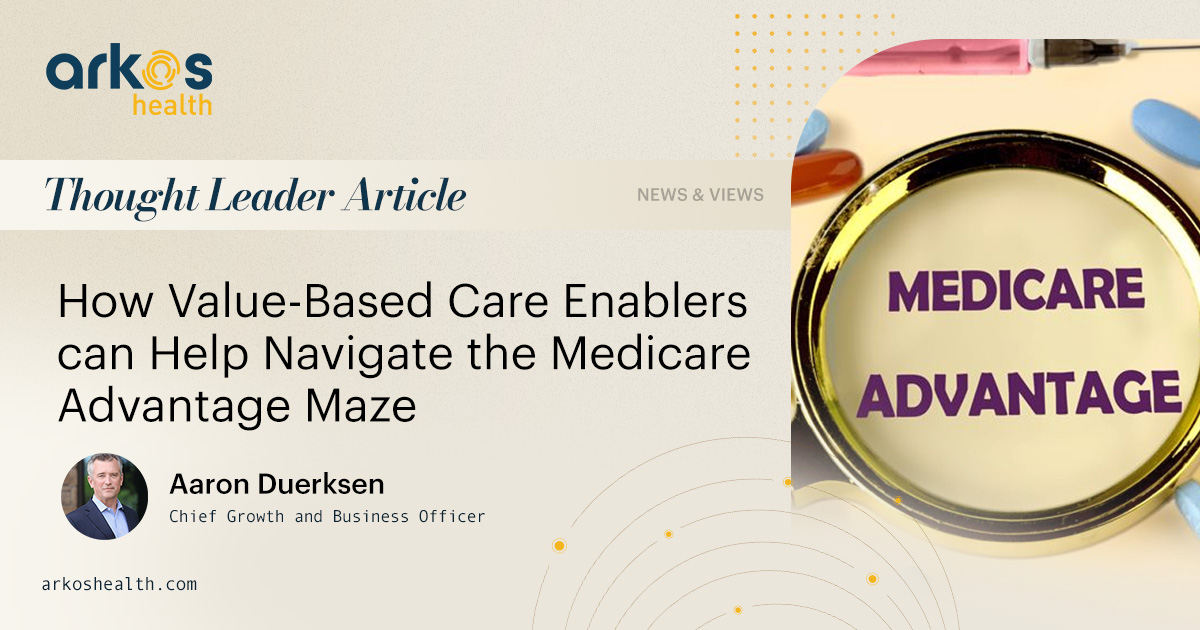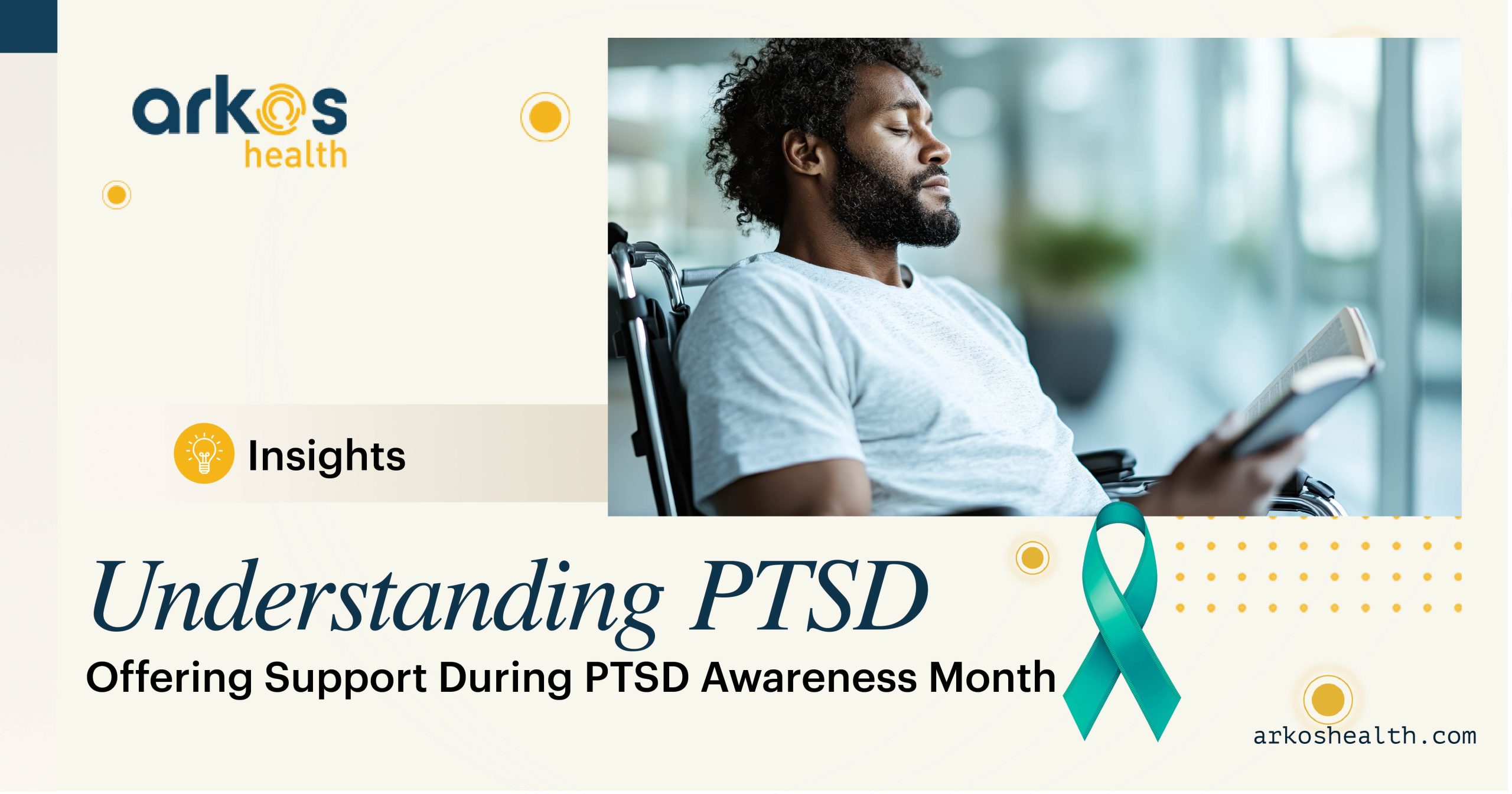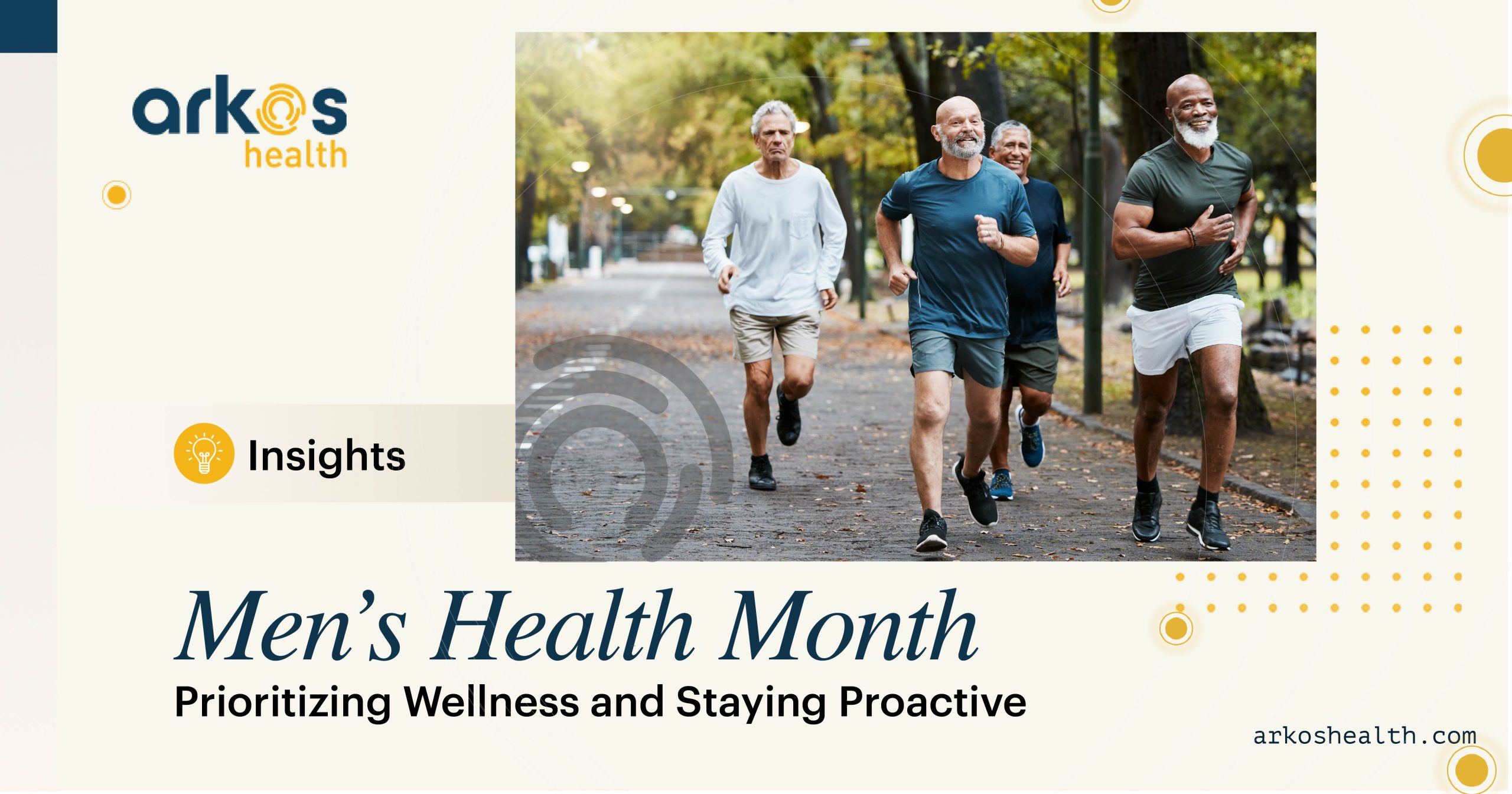
Navigating the Medicare Advantage landscape can often feel like maneuvering through
a complex maze, especially with the ongoing changes to reimbursement protocols and
persistent pressures surrounding Medicare cuts. There is an overwhelming array of plan
options, complex rules, annual changes, and sometimes misleading marketing
practices. Understanding what to do, when, and how, requires careful consideration and
often assistance, making it a challenging aspect of the U.S. healthcare system for
seniors and other eligible individuals.
Each plan, of the often many available, may offer different benefits, premiums, co-pays,
and networks of doctors and hospitals. This assortment makes it difficult to compare
options and determine which plan best meets individual healthcare needs and budgets.
Annual plan changes introduce further confusion. Insurance providers frequently update
their offerings, which means a plan that suits a patient one year might not be the best
option the next.
Health plans are under increasing scrutiny to not only manage costs effectively but also
ensure high-quality care and optimal patient outcomes. In this challenging environment,
the need for comprehensive, integrated solutions is more crucial than ever. Arkos
Health is empowering payers to transform their provider networks, bringing value-based
care to members while driving down unnecessary costs to greatly enhance patient
outcomes and quality of care.
Health plans across the country are rapidly adopting value-based care models, which
emphasize the quality rather than the quantity of services provided. However,
actualizing this shift demands robust strategies and tools that Arkos Health is uniquely
positioned to deliver.
“The healthcare system is rife with gaps that hinder patient experience and drive-up costs,” says Aaron Duerksen, Chief Growth and Business Officer, Arkos Health. “Our approach is to identify and bridge these gaps, creating a seamless and efficient healthcare journey for patients.”
Arkos Heath achieves this through an integrated suite of services, including data-driven
insights, care coordination, and patient engagement initiatives. By leveraging data
analytics, Arkos aids health plans in identifying high-risk patients, predicting potential
health events, and proactively managing care. This not only helps prevent costly
hospital readmissions but also ensures that patients are receiving the right care at the
right time.
It is critical to place a strong emphasis on care coordination and communication.
Fragmented care can often lead to inconsistent care delivery, duplicated services, and
unnecessary expenses. Through a collaborative approach involving healthcare
providers, patients, and communities, Arkos ensures that every stakeholder is aligned
and informed, thereby reducing redundancies and enhancing the quality of care.
In the evolving healthcare ecosystem, patient engagement is a critical component that
cannot be overlooked. Arkos empowers patients by equipping them with the tools and
resources needed to actively participate in their own health journey. This empowerment
not only improves health outcomes but also fosters patient satisfaction and loyalty.
For Medicare Advantage plans, embracing value-based care is no longer an option – it
is a necessity. The financial implications of inefficiency can be staggering, but with the
right partner, the path becomes clearer. Arkos provides the infrastructure and expertise
to navigate this complex landscape, offering tailored solutions that meet the unique
needs of each health plan.
As Medicare Advantages plans come under increasing financial and regulatory
pressure, value-based care enablers are becoming indispensable. With comprehensive
solutions designed to cut costs and improve outcomes, Arkos stands out as a beacon
for health plans striving to deliver high-quality, efficient care in a rapidly changing
healthcare environment. To learn more, visit Arkos Health.
Discover more captivating insights by Aaron Duerksen including: Value-Based Care Challenges and Opportunities, The Future of Value-Based Care for Providers, and Two-Sided Risk Models are Still the Exception.
BY Aaron Duerksen
Published March 5, 2025 12:59PM



